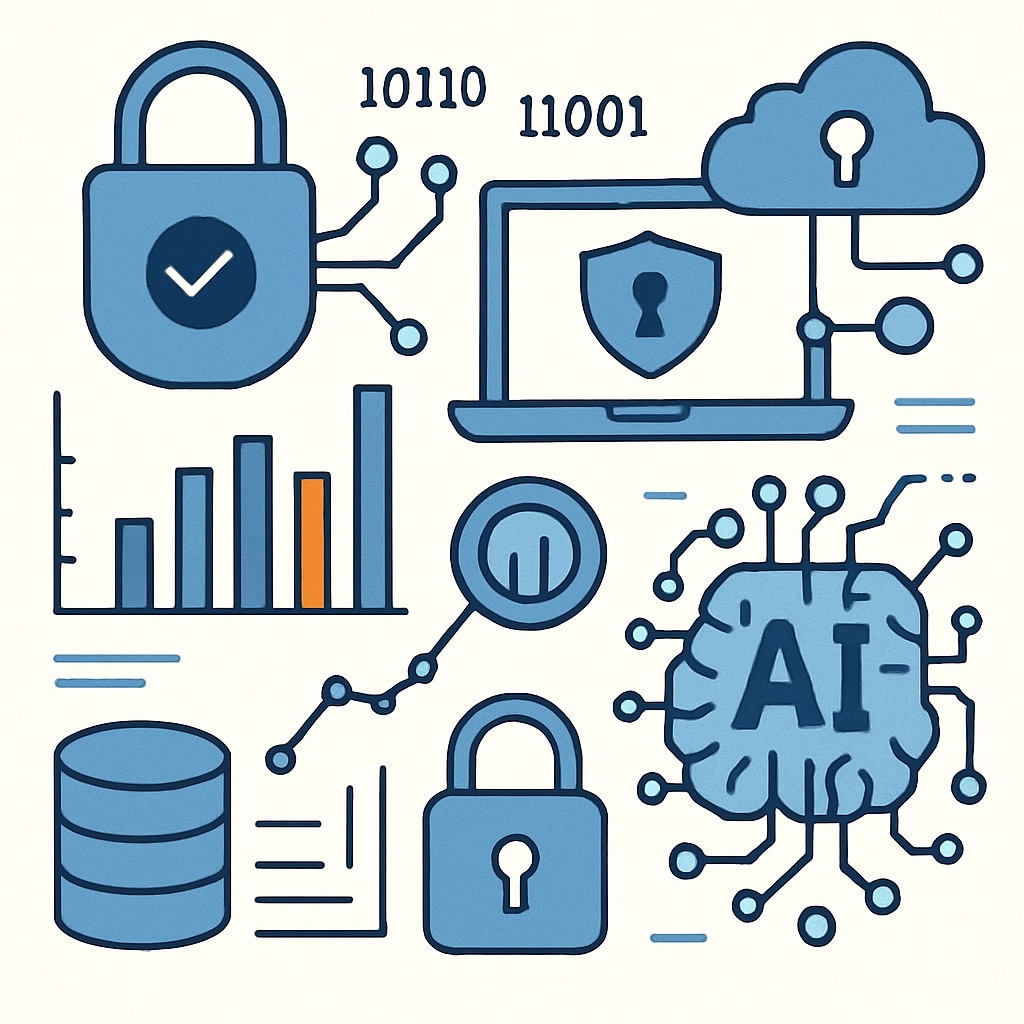As the digital revolution continues to shape our world, two career paths have emerged as highly desirable: cybersecurity and data science engineering. For K12 students and their parents, understanding these fields is crucial for making informed decisions about future career choices. Both offer exciting opportunities, but they differ significantly in learning paths, career prospects, and lifestyle. This article delves into these aspects to help you navigate the decision-making process.

Understanding Cybersecurity and Data Science Engineering
Cybersecurity focuses on protecting digital systems, networks, and data from threats such as hacking, malware, and unauthorized access. Professionals in this field are like digital guardians, ensuring the safety of sensitive information and maintaining system integrity. In contrast, data science engineering is centered around the collection, analysis, and interpretation of large datasets to generate insights and solve complex problems. These engineers are often described as data detectives, uncovering patterns and trends to aid decision-making.
Both fields are critical in the digital age, but they cater to different interests and skill sets. Cybersecurity appeals to those with a knack for problem-solving and vigilance, while data science engineering attracts individuals passionate about mathematics, statistics, and data visualization.
Learning Paths: The Journey to Success
To pursue a career in cybersecurity, students typically study computer science, networking, or information technology. Certifications such as Certified Information Systems Security Professional (CISSP) or Certified Ethical Hacker (CEH) are highly valued in the industry. Practical experience through internships or hands-on projects is equally important.
On the other hand, data science engineering requires a strong foundation in mathematics, programming, and machine learning. Aspiring data scientists often pursue degrees in computer science, statistics, or engineering. Certifications in tools like Python, R, or SQL, as well as proficiency in data visualization software like Tableau, can boost employability.
Both paths demand continuous learning due to the ever-evolving technological landscape. However, students should assess their interests and strengths before committing to either field.

Career Prospects and Industry Demand
The demand for cybersecurity professionals is skyrocketing, driven by increasing cyber threats and the need for robust digital defenses. Roles such as security analyst, penetration tester, and security architect offer competitive salaries and job security. According to the Britannica, the cybersecurity industry is expected to grow exponentially over the next decade.
Data science engineering is equally promising, with roles like data analyst, machine learning engineer, and data architect in high demand. Companies across industries—healthcare, finance, and entertainment—rely on data-driven strategies, ensuring steady growth in this field. For more information, visit Wikipedia’s entry on Data Science.
Both careers offer stability and growth potential, but cybersecurity tends to have a more predictable workflow, while data science may involve creative problem-solving and exploratory projects.
Lifestyle Differences: What to Expect
Cybersecurity professionals often operate in high-pressure environments, especially during security breaches or incidents. While the work is rewarding, it requires quick thinking and readiness to respond to emergencies. On the other hand, data science engineers enjoy a more flexible and exploratory work environment, focusing on innovation and long-term projects.
The choice between these fields ultimately depends on personal preferences. Those who thrive in fast-paced, reactive roles might prefer cybersecurity, while individuals who enjoy analytical and strategic tasks may lean toward data science engineering.
Final Thoughts: Both cybersecurity and data science engineering are exciting career paths with unique challenges and rewards. K12 students should explore their interests and strengths to make informed decisions about their future. With proper guidance and preparation, either path can lead to a fulfilling and impactful career.


